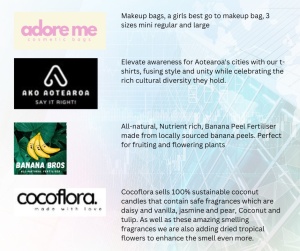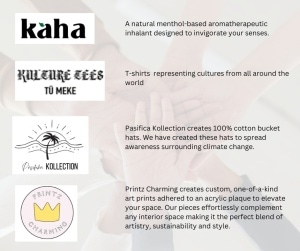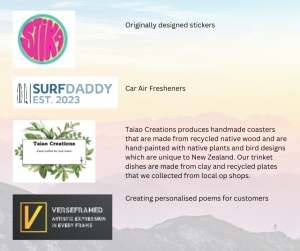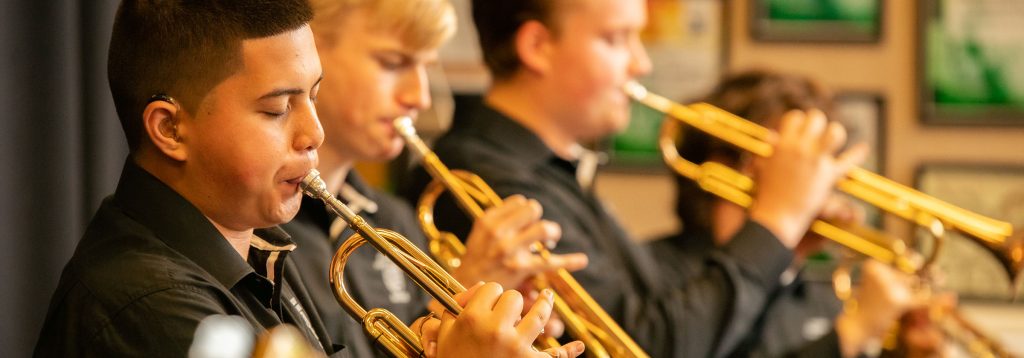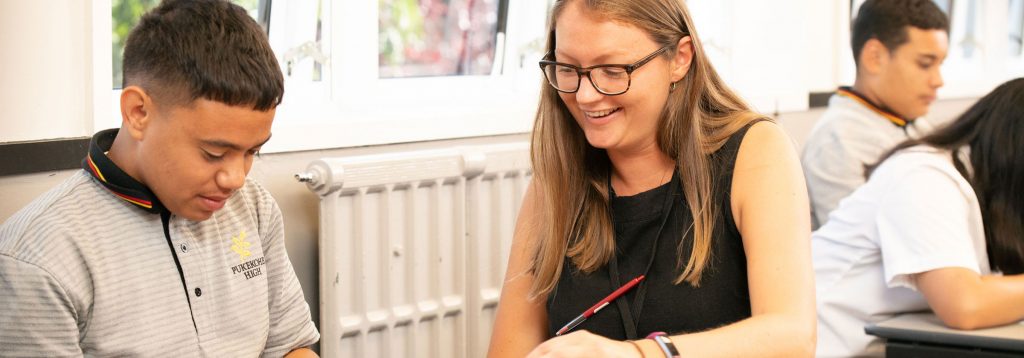
Social Sciences
Unuhia te rito o te harakeke kei whea te koomako e koo?
Whakatairangitia – rere ki uta, rere ki tai;
Ui mai koe ki ahau he aha te mea nui o te ao,
Maaku e kii atu he tangata, he tangata, he tangata!
The social sciences learning area is about how societies work and how people can participate as critical, active, informed, and responsible citizens. Contexts are drawn from the past, present, and future and from places within and beyond New Zealand.
Business Studies | Young Enterprise Scheme
- Read With Me: Instagram link: https://instagram.com/readwithme.nz?igshid=OGQ5ZDc2ODk2ZA==
- Facebook link: https://www.facebook.com/readwithme.nz/
- Storbie link: https://read-with-me.mystorbie.com/
- Kaha: https://linktr.ee/kahanewzealand | https://linktr.ee/kahanewzealand
- Ako Aotearoa: https://linktr.ee/akoaotearoa | https://linktr.ee/akoaotearoa
- Taiao Creations: Instagram: https://www.instagram.com/taiao_creations23/
- Cozy Crochet: Fb: cozycrochets@cozycrochets2023 | Email: cozycrochets2023@gmail.com
- Printz Charming: Instagram Link: https://instagram.com/_printzcharming?igshid=OGQ5ZDc2ODk2ZA==
- Facebook Link: https://www.facebook.com/profile.php?id=100095612977307…
- Storbie Link: https://printzcharming.mystorbie.com/
- Pasifica Kollection: https://instagram.com/pasifika_kollection?igshid=MzRlODBiNWFlZA==
- Banana Bros: https://linktr.ee/bananabrosnz
About Social Sciences
Possible Future Pathways
Social Sciences:
Town planner, teaching, demographer, tourist operator, toursim industry, archaeologist, anthropologist, meteorologist, policy analyst, resource management, diplomat, sociologist, archivist, film maker, lawyer, historian, social worker, geologist.
Business Hub:
Market researcher, financial advisor, retailing, sales, accountant, banking, management, government departments, economist, analyst, researcher.
Why study the social sciences?
Through the social sciences, students develop the knowledge and skills to enable them to: better understand, participate in, and contribute to the local, national, and global communities in which they live and work; engage critically with societal issues; and evaluate the sustainability of alternative social, economic, political, and environmental practices.
Students explore the unique bicultural nature of New Zealand society that derives from the Treaty of Waitangi. They learn about people, places, cultures, histories, and the economic world, within and beyond New Zealand. They develop understandings about how societies are organised and function and how the ways in which people and communities respond are shaped by different perspectives, values, and viewpoints. As they explore how others see themselves, students clarify their own identities in relation to their particular heritages and contexts.
How is the learning area structured?
Achievement objectives for social studies at levels 1–5 integrate concepts from one or more of four conceptual strands:
Identity, Culture, and Organisation – Students learn about society and communities and how they function. They also learn about the diverse cultures and identities of people within those communities and about the effects of these on the participation of groups and individuals.
Place and Environment – Students learn about how people perceive, represent, interpret, and interact with places and environments. They come to understand the relationships that exist between people and the environment.
Continuity and Change – Students learn about past events, experiences, and actions and the changing ways in which these have been interpreted over time. This helps them to understand the past and the present and to imagine possible futures.
The Economic World – Students learn about the ways in which people participate in economic activities and about the consumption, production, and distribution of goods and services. They develop an understanding of their role in the economy and of how economic decisions affect individuals and communities.
Understandings in relation to the achievement objectives can be developed through a range of approaches. Using a social inquiry approach, students:
- ask questions, gather information and background ideas, and examine relevant current issues
- explore and analyse people’s values and perspectives
- consider the ways in which people make decisions and participate in social action
- reflect on and evaluate the understandings they have developed and the responses that may be required.
Inquiry in the social sciences is also informed by approaches originating from such contributing disciplines as history, geography, and economics.
Learning based on the level 1–5 social studies achievement objectives establishes a foundation for the separate social science disciplines offered in the senior secondary school. At levels 6–8, students are able to specialise in one or more of these, depending on the choices offered by their schools. Achievement objectives are provided for social studies, economics, geography, and history, but the range of possible social science disciplines that schools can offer is much broader, including, for example, classical studies, media studies, sociology, psychology, and legal studies.

